9 Strategies for vibrant and healthy skin
What is ageing?
Ageing is the process of getting older and experiencing changes in physical, mental and emotional characteristics over time. It is a natural and inevitable phenomenon that affects all living beings, including humans. The process of ageing can also be influenced by various factors, such as genetics, lifestyle, diet and environmental factors.
Everyone ages in their own way.
As a world class functional practitioner, Dr Hyman recognises the importance of skin appearance but promotes a different approach.
While dermatology, plastic surgery and the cosmetics industry have a wide range of products on sale, functional medicine proclaims that healthy skin is not about what you put on it but what you put in your body.
Dr Hyman says that “what these industries don't want you to know is that beauty comes from within”.
We can heal many skin problems by balancing hormones, changing our diet, optimising nutritional status and healing the gut.
The functional medicine approach to skin
Functional medicine focuses on the underlying cause of disease, it is the medicine of WHY not WHAT!
As a functional doctor I define the imbalance, address the cause (usually lifestyle and diet) and then help the body to repair itself and regain balance.The body’s innate healing intelligence takes care of the rest.
When we use this approach your skin lightens up, you start to feel and look better and other issues start to heal on their own.
9 Steps to healthier and vibrant skin
Give up sugar and processed goods: sugar molecules connect and damage the natural amino-acids and collage, which maintain the elasticity of your skin. Research proves that sugar and highly processed foods literally age your skin and other organs. Check www.lanternclinic.com for advice how to detoxify from sugar in just 10 days
Eliminate food sensitivities: food sensitivities can trigger or exacerbate bad skin conditions. Studies show that dairy contributes to acne and gluten is associated with autoimmune conditions such as psoriasis.
Fix gut imbalances: your gut influences skin conditions and appearance far more that you might realise. Probiotics impact the gastro-intestinal ecosystem and influence various skin conditions like inflammation, oxidative stress, glycemic control. If you suspect leaky gut, book a free consultation (link) to pinpoint the problem and eliminate these problems.
Eat and Omega-3 rich diet: dry and itchy skin, flaking skin can signify omega-3 deficiency. Eat an omega-3 rich diet, wildcoat fish, flaxseeds and supplement with good quality nutritional support
Optimise your nutritional status with High- petensy minerals and vitamins. Zinc deficiency can contribute to acne, eczema and other Skin conditions.
Exercise regularly and sweat: During exercise, our body temperature rises, skin blood flow transfers heat from the core to the surface. This heat and the sweating promotes the excretion of toxins from your body. Sauna and steam treatment are another smart way to promote detoxification through the largest organ, the skin. Skin exfoliation and body brushing helps to get the toxins off your skin.
Get good sleep: Many studies show that good quality sleep is beneficial for the integrity of the skin barrier, its function and appearance. Lack of sleep and high stress impairs the skin integrity.
Stress: we hear so much about it! Stress puts out body in a fight and flight mode, causing a rush of survival hormones such as adrenaline and cortisol. Over long periods of exposure to stress, these biochemical reactions drive chronic inflammation that damages the skin and other organs. The first step is awareness and recognition of the stressors in your life. Find out more ( blog) on stress.
Be careful with skin products: many of the cosmetic products are loaded with preservatives, stabilisers and additives to improve the experience of using them on our skin. Drugs and chemicals are easily absorbed through your skin. If you don’t eat it, don’t put it on your skin.


